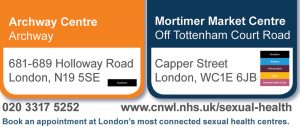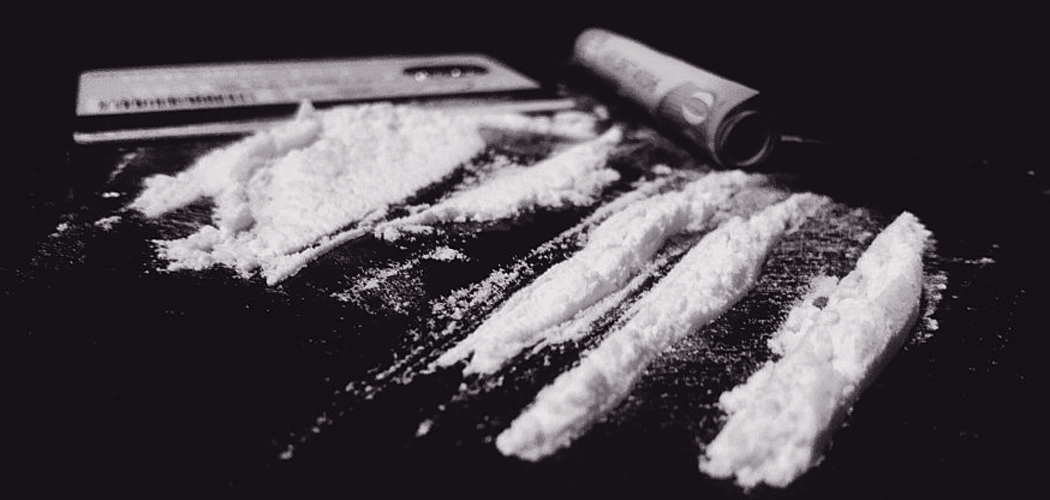Dear Dr Laura,
My best friend works hard but plays hard too. He used to only use cocaine at weekends but now takes it most days. If I bring it up with him he gets defensive – he doesn’t think it’s a problem for him as he continues to do well at work and can easily afford it. But I’m worried for his health – what can I do?
Dear Nick,
Thank you for your letter. Let’s get the legal bits out of the way first. Cocaine is a class A drug so attracts the heftiest penalties – possession can land someone with a big fine, up to 7 years imprisonment or both. You don’t mention your friend’s job but a few employers do use drug tests – it’s much less common here than in the US and there’s debate about the rights of employers to do it, but for any job where drug use is a safety concern then it’s usually justifiable.
Cocaine is a stimulant, which means it speeds up your thinking and actions (listening to someone on cocaine chattering away can be quite exhausting!) and makes you feel more awake and confident, but its actions are very short-lived so people may take it several times in an evening to maintain the effect. There are 3 main forms: powder cocaine or coke; freebase; and crack cocaine – freebase and crack tend to give a stronger effect than coke. Some people inject (particularly crack) which gives an even stronger effect but can cause damaged veins and skin ulcers (or even gangrene!) as well the infections associated with injecting (skin infections or abscesses and transmission of viruses including hepatitis C and HIV). The downsides of cocaine include:
Over-confidence (it’s a fine, fine line between confidence and arrogance), aggression and taking risks you wouldn’t usually.
The comedown after a cocaine binge can be really marked, sometimes lasting days.
Snorting cocaine can end up damaging the nasal septum (the cartilage/bone that divides your nostrils).
Smoking cocaine, especially crack, can cause breathing problems and chest pain.
Long-term cocaine can make users feel depressed and anxious.
Cocaine suppresses appetite and weight loss is common.
People have died from cocaine overdose – the effect on the heart and raised body temperature can lead to collapse, fits or death.
Cocaine raises your heart rate and, because cocaine causes blood vessels to tighten, it can cause heart attacks or even strokes. This may be a particular problem if you already have high blood pressure or a heart condition.
Heart attacks due to cocaine are one of the commonest causes of death in young adults.
An American study looked at people below the age of 50 who had suffered a stroke and found that in the 24 hours after using cocaine, the risk of having a stroke in more than 6 times greater than other times.
Cocaine is the most commonly used illicit stimulant in Europe: about 1 in 50 15-34 year olds report using it in the last year. Within Europe the UK has the highest rates of cocaine use in young adults, alongside Spain and the Netherlands.
Cocaine is expensive and as regular users often find they need to use more of it, more often, to get the desired effect so it can become a very expensive habit indeed.
Now, how do you talk to your friend? You mention that he gets defensive, so the best time to try and talk about it is at times and in a place where he wouldn’t usually be taking coke, somewhere private. Asking him when he last had a fun night out without cocaine, how much he has spent on cocaine and whether he has a constant supply are all things that may help highlight that he has an issue. Asking whether relationships with partners, family and friends have changed, and whether he has issues at work may help him see some of the bad effects cocaine is having on his day-to-day life. Make sure he knows you are doing this because you are worried about him; point him towards websites or services that may help him. If he doesn’t want to listen now he may in the future, so be sure to let him know you are there for him any time he does want to talk.
So what if your friend decides he wants to stop? Some people manage to do it by themselves but support for specialist drug services is more effective. There are no specific treatments to help someone stop (like there are for smoking and for heroin addiction), but medications can help relieve some of the symptoms of withdrawal such as insomnia. People usually need to make some changes to their social life to stop successfully – avoiding friends who use cocaine and venues where you use it is a sensible first step. Filling your time with alternative activities helps too, arranging walks or cinema trips with a non-using friend or taking up a new exercise can help distract from cocaine cravings. There are groups that can help including Narcotics Anonymous (ukna.org) and Cocaine Anonymous (cauk.org.uk) and NHS Choices lists addiction services on its website at nhs.uk/Livewell/drugs/Pages/Drugtreatment.aspx.
So, Nick, be there for him, make sure he knows who to talk to and where to find more information.
Dr Laura Waters is an HIV and sexual health consultant at the Mortimer Market clinic and the Boyz Doc. Dr Laura answers your questions every two weeks in Boyz. If you have a question for Dr Laura please email her at [email protected].














